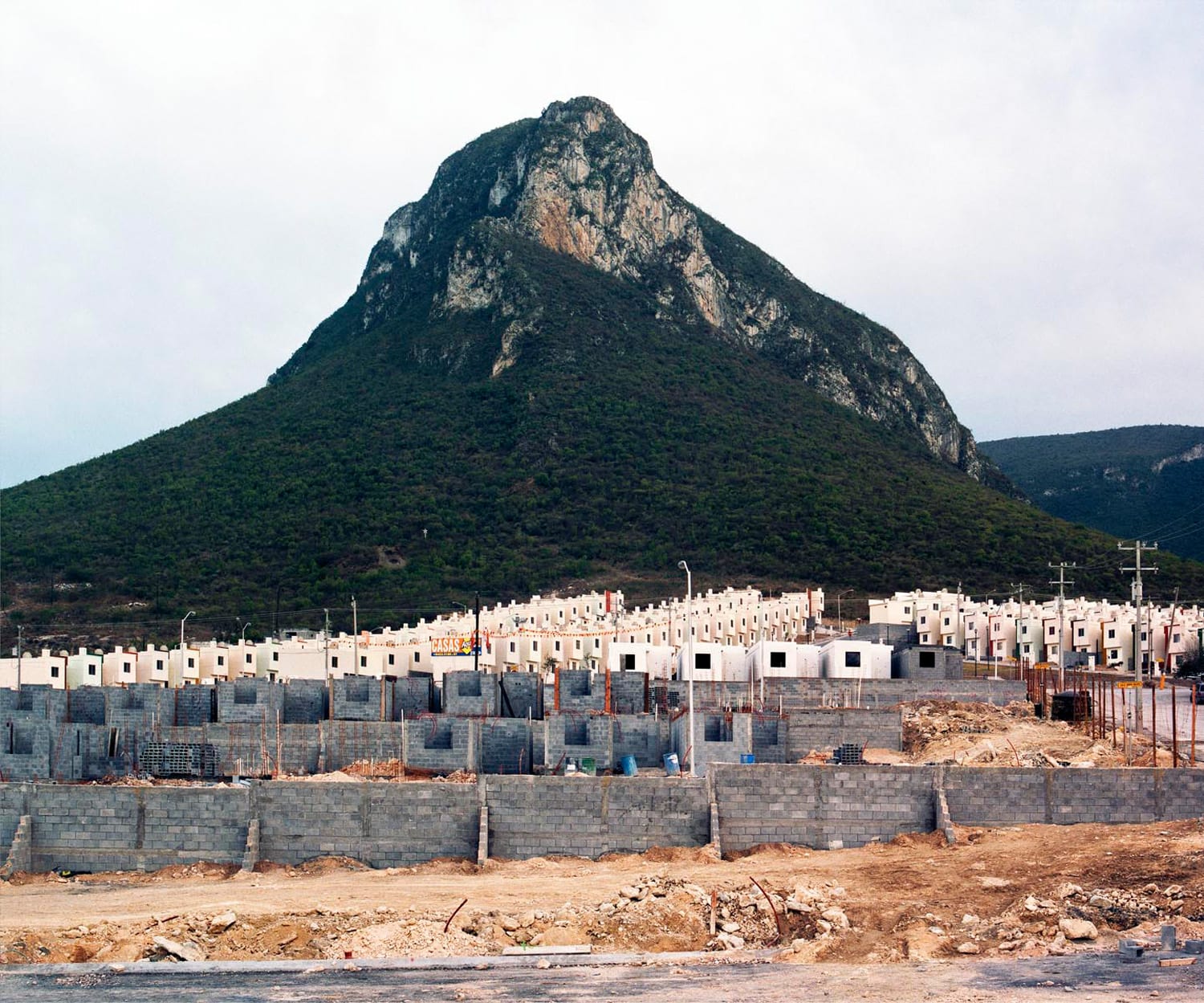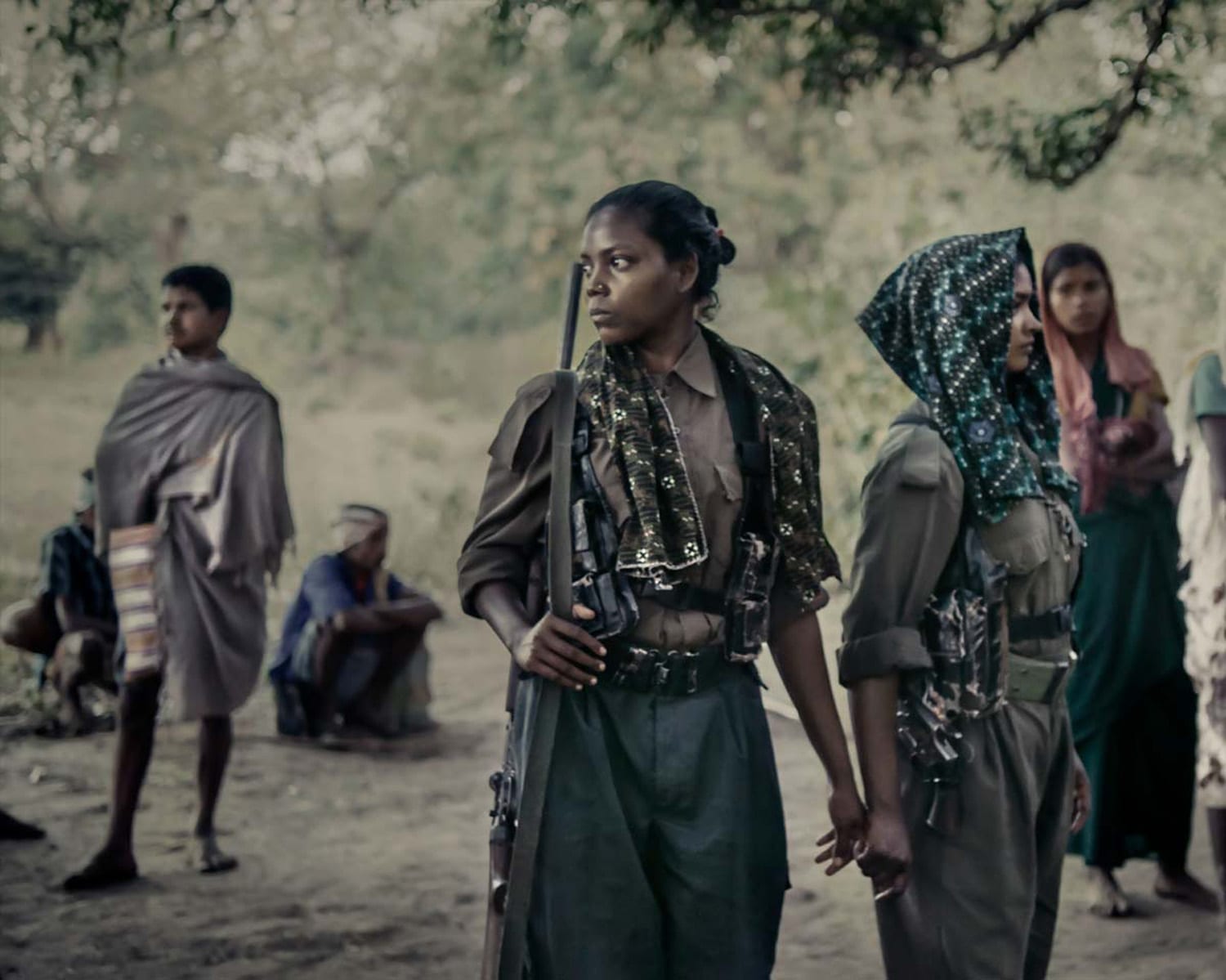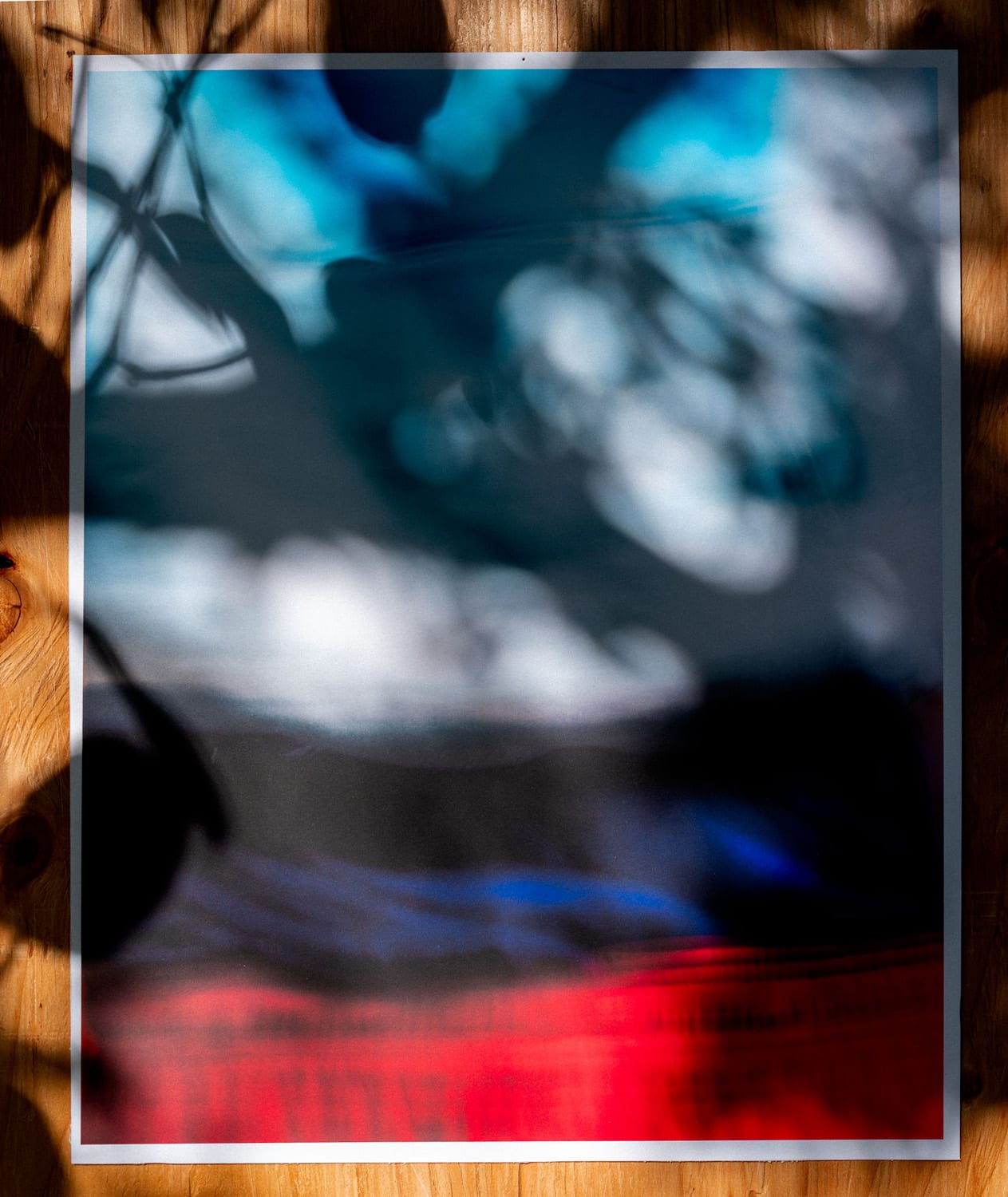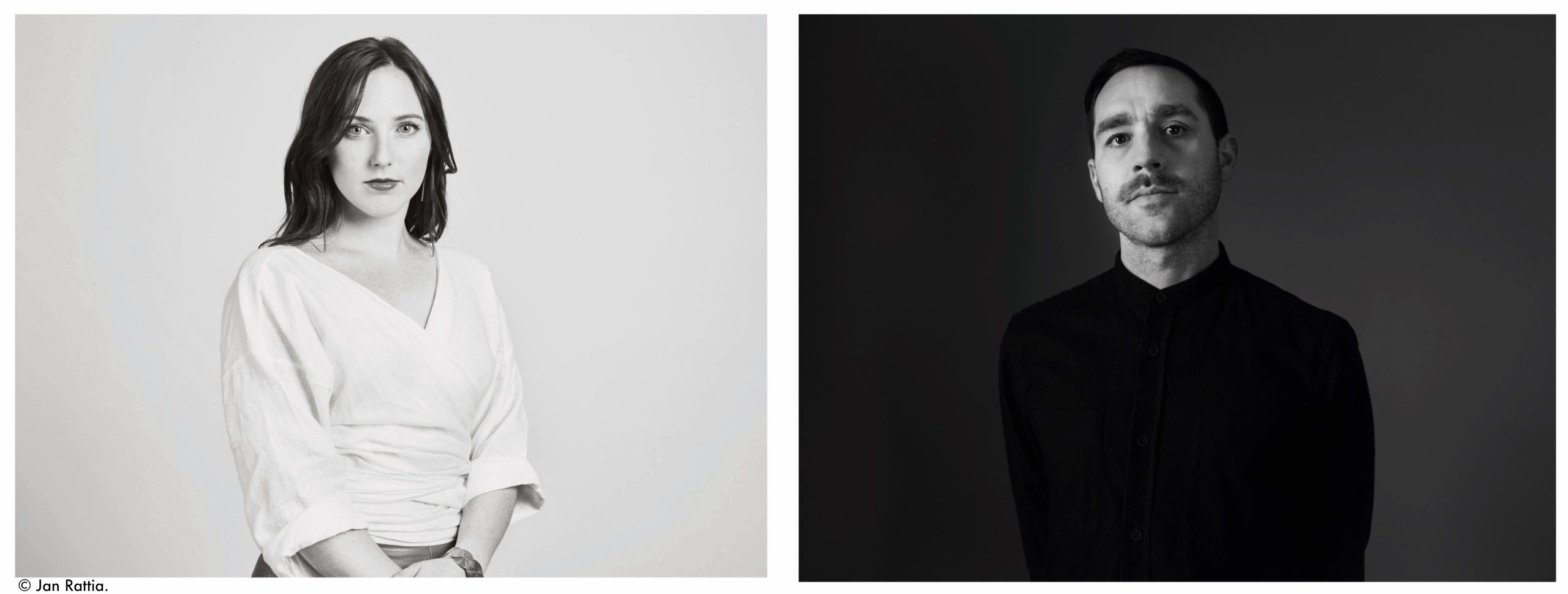In March 2021, Ashlyn Davis Burns and Shane Lavalette launched Assembly – a gallery, agency, and creative studio that aims to create an inclusive, ethical, artist-centric platform
Ashlyn Davis Burns and Shane Lavalette have known each other for a long time. With a background in the non-profit arts sector — Davis Burns as Executive Director & Curator of Houston Center for Photography, and Lavalette as Director of Light Work — they spent years crossing paths at reviews and events until, after ongoing conversations about the shifting state of the field, an idea for a new initiative began to take shape.
Co-founded in March 2021, Assembly is “a platform that brings together elements of a gallery, agency, and creative studio in order to holistically support artists and their practice,” Lavalette explains. It is a hybrid platform with a broad purview; an ability to be flexible, and respond to the needs of both a roster of artists and a network of industry peers and collaborators.

In the initial stages, Davis Burns and Lavalette had asked themselves: how does one sustain life as an artist? “Typically there is no single answer,” they explain. “There is a web of support that comes from sales of artwork, commissioned work for brands and publications, teaching, grants and sponsorships, book publishing… By bringing this web of support together under Assembly, our goal is to simplify that process for artists and to act as a connecting point between their practice, their work, and these various constituencies that support it.”
The need for such a space was clear, and personal: “I’m a practicing artist myself,” says Lavalette, “and so I understand many of the challenges of navigating the art world and what a difference it can make when you find your support system.” The aim was to create an inclusive, ethical, artist-centric platform. “There is a positive seachange happening in the arts which is making room for new models and innovative ideas to emerge,” Lavalette continues. “It’s a challenging time in the world, to be sure, but in many ways the perfect moment for the birth of a platform like Assembly.”
Both Davis Burns and Lavalette wanted to think expansively about the different support models available to artists. “We both intimately know the limitations of the non-profit structure as well, which is often only set up to provide short-term or project-based support,” they say. In the arts, as in business, having access to numerous streams of revenue is immensely important. This is a fact that Assembly’s model aims to accommodate. “We know that artists cobble together their livelihoods through various types of work and one of our goals was to bring those at-times disparate methods of working together into one home,” they say.

Assembly has a tight, impressive roster of 10 lens-based artists, each of whom had previously worked with Davis Burns and/or Lavalette. Collectively, they hail from the United States, Mexico, Colombia, Japan, France, India, Bangladesh, and the UK. “We both have a deep passion for bringing forward underrepresented voices and introducing exciting new work to bigger audiences, so it was very important to us to assemble a roster of artists who represented diverse, global perspectives, in terms of their own backgrounds, the content they are engaging with, and the form their work takes,” they say.
The agency’s perspective and ambitions are global. “We knew that we wanted our roster of artists to reflect that,” they say. “We [also] wanted to represent varied approaches to the medium and language of photography.” From photographs to collage, video, VR and beyond, their artists are true interdisciplinary thinkers. And, crucially, they connect with Davis Burns and Lavalette personally, a priority which comes as no surprise for a platform founded on an ethics of support. “Shifting the focus from the work products of the artists to the artists themselves is central to our philosophy,” they explain.
“Photography is itself a hybrid medium and is operating in nearly every aspect of our lives. It’s hard to talk about one aspect of the field and leave out the other”
Davis Burns and Lavalette both firmly believe that hybrid platforms like Assembly are the future of the industry. “Photography is itself a hybrid medium and is operating in nearly every aspect of our lives. It’s hard to talk about one aspect of the field and leave out the other,” they say. It’s natural, then, that the spaces and structures that facilitate the medium develop accordingly. “We don’t believe the same models that brought us to this point will carry us through, especially when it comes to truly opening up the field and making room for a broader array of voices and practices.”
Ultimately, they aim to understand their artists’ interests and ambitions, and are guided by their principles when pursuing projects. “Our experience thus far is certainly rooted in the art world more than the commercial or advertising world, but we see this as an opportunity to bring something new to this sector,” they say. “Our passion is really on directly supporting the artistic practice.”
When asked about the challenges of setting up an agency in the context of a pandemic, Davis Burns and Lavalette point, instead, to the opportunities it revealed. By launching virtually, they were able to work on building the foundations of longer-term initiatives with their roster, using the period to develop and consolidate plans which will come to fruition as the world opens up. “It is also a time of experimentation and community-building in new ways, which really motivates both of us,” they reflect. “The ultimate model for what Assembly has become really solidified as a response to the pandemic.”

“We have been so excited to see so many people in our field — new and old — reach out to us to propose projects and generate ideas together,” they say. “This spirit of collaboration is very important to us.” Assembly has received overwhelming interest from artists seeking support, and has begun to offer mentorship and consulting; they also plan to support their network of institutions, galleries, agencies and art dealers.
As the leaves open and spring unfurls, the world is feeling a little more hopeful. Davis Burns and Lavalette are currently finding inspiration offline, in slow neighbourhood walks, independent cinema, music, meditation, reading essays, and making spring salads with friends. Since launching, Assembly have published their first book, Fumi Ishino’s Index of Fillers, and ran an online exhibition, Collaging Desire: Archival Interventions, Future Visions. Two of their artists, Alejandro Cartagena and Poulomi Basu, are shortlisted for this year’s Deutsche Borse Foundation prize. They continue to conceptualise ideas for when physical spaces reopen and people can be indoors together again. Even in its infancy, Assembly is charting new territory.

